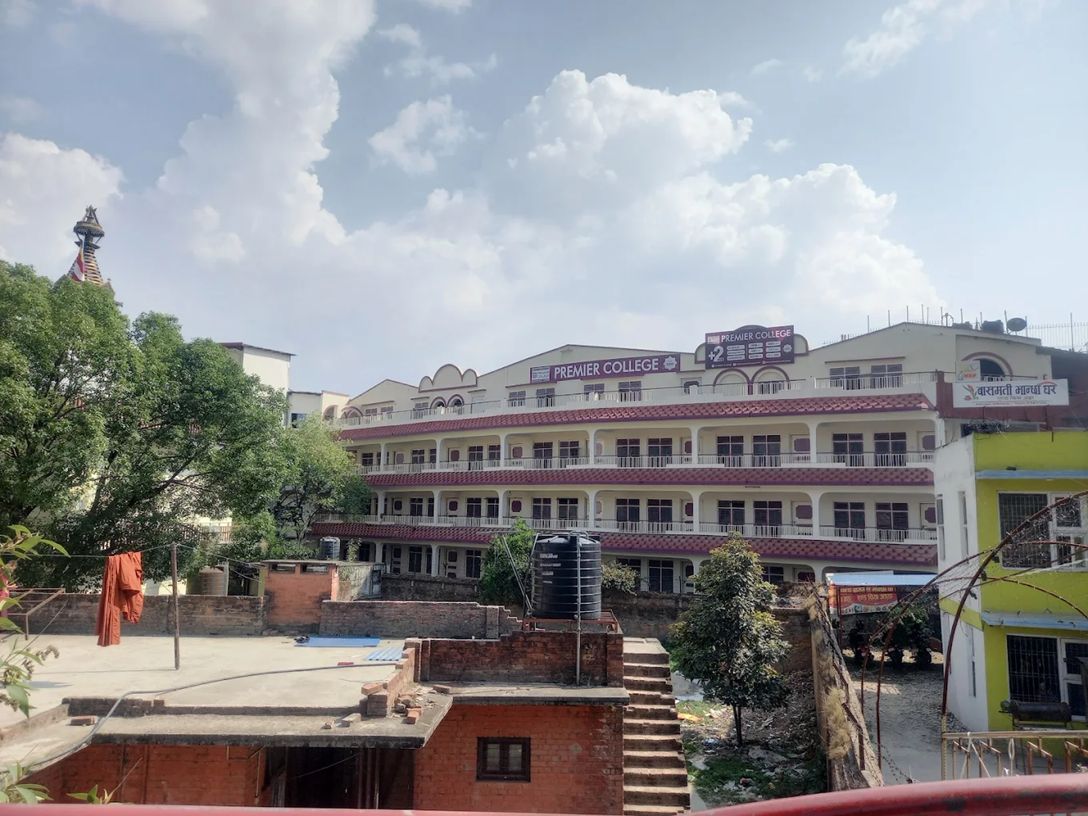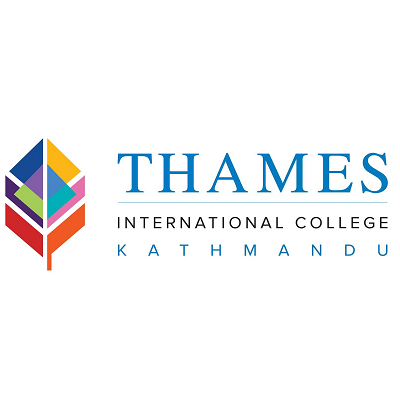Overview
Bachelor of Business Management (BBM) at Premier College, Kathmandu
BBM at Premier College, Kathmandu is a four-year, eight-semester management degree under Tribhuvan University (TU), Faculty of Management. The course runs from the Aloknagar/Tinkune campus in New Baneshwor and follows TU’s official curriculum, credit system, and assessment rules. You will see clear requirements for CMAT, semester-wise subjects, project or internship, and grading that match TU standards.
Students and parents often ask for exact eligibility, entrance steps, and the subject cycle. This page arranges those details in one place so you can plan your next steps without guesswork. Premier lists BBM among its offered programs and accepts applications during the intake window.

Highlights
-
Affiliation: Tribhuvan University, Faculty of Management
-
Duration and mode: 4 years, 8 semesters, 120 credit hours
-
Assessment: in-semester work and semester-end exams as per TU
-
Capstone: Project Report Writing or Internship (6 credits) in Semester VIII
-
Location: Aloknagar (Bagmati Corridor), Tinkune, Kathmandu; online application available during admissions
Curriculum Details
TU specifies the BBM curricular structure across business tools, business foundations, focus areas, electives, and a final project or internship. The cycle below reflects TU’s official scheme and credit load.
Semester-wise Snapshot
Semester I (15 credits)
-
Microeconomics for Business (ECO 203) — 3
-
English-I (ENG 201) — 3
-
Foundation of Business Management (MGT 231) — 3
-
Business Mathematics I (MTH 201) — 3
-
Sociology for Business Management (SOC 203) — 3
Semester II (15 credits)
-
Financial Accounting (ACC 201) — 3
-
Macroeconomics for Business (ECO 204) — 2
-
Seminar on Macro Economics (ECO 205) — 1
-
English-II (ENG 202) — 3
-
Business Mathematics II (MTH 202) — 3
-
Leadership & Organizational Behavior (MGT 232) — 2
-
Seminar on Leadership & OB (MGT 233) — 1
Semester III (15 credits)
-
Cost & Management Accounting (ACC 202) — 3
-
Business Communication (ENG 203) — 3
-
Fundamentals of Finance (FIN 206) — 3
-
Nepalese History and Politics (SOC 204) — 3
-
Business Statistics (STT 201) — 3
Semester IV (15 credits)
-
Legal Environment for Business in Nepal (MGT 234) — 3
-
Financial Management (FIN 207) — 3
-
Psychology (PSY 202) — 3
-
Taxation and Auditing (ACC 204) — 3
-
Business Research Methods (RCH 201) — 3
Semester V (15 credits)
-
Fundamentals of Marketing (MKT 201) — 3
-
Operations Management (MGT 205) — 3
-
Financial Markets & Services (FIN 208) — 3
-
IT and Application (IT 231) — 3
-
Focus Area Course I — 3
Semester VI (12 credits)
-
Database Management System (IT 232) — 3
-
Business Environment (MGT 236) — 3
-
Entrepreneurship & Business Resource Mapping (MGT 237) — 2
-
Practicum on Business Plan (MGT 238) — 1
-
Focus Area Course II — 3
Semester VII (15 credits)
-
Elective I — 3
-
Focus Area Course III — 3
-
Focus Area Course IV — 3
-
E-commerce (IT 204) — 3
-
Business Ethics and Corporate Governance (MGT 239) — 3
Semester VIII (18 credits)
-
Strategic Management (MGT 240) — 3
-
Elective II — 3
-
Elective III — 3
-
Focus Area Course V — 3
-
Project Report Writing or Internship with Report — 6
Focus Areas and Electives (selection)
TU offers five-course focus tracks such as Bank Operations & Cooperative Management, Sales & Marketing, Insurance & Risk Management, and Entrepreneurship & Enterprise Development.
Electives include Event Management, Service Operations Management, Labor Relations, Negotiation Skills, and more. Premier delivers these as per faculty availability and TU guidelines each year.
Objectives
The program sets clear goals: build decision skills, strengthen communication, and develop leadership habits for entry-level management roles.
Students learn to read markets, analyze costs, interpret policies and laws, and prepare short reports based on field data. TU defines these aims across the syllabus and the capstone requirement.
Scope
Graduates pursue roles in banks, cooperatives, trading firms, services, and development projects. Many continue to MBS or MBA. Others prepare for separate professional pathways depending on eligibility and the rules of the respective bodies.
The focus-area model helps you signal interest in banking, marketing, insurance, or enterprise development during hiring.
Learning Outcomes
-
Ability to interpret financial statements and manage cash-flow basics
-
Confidence with statistics, spreadsheets, and short business analyses
-
Awareness of Nepal’s legal setting for business and taxation processes
-
Skills for market research, branding, and sales planning
-
Understanding of banking, insurance, or entrepreneurship based on selected focus area
-
Practice in research design, data collection, and presentation through the capstone
Skill Development Modules
-
Communication: English I–II and Business Communication build writing, reporting, and presentation habits.
-
Quantitative and tech: Mathematics I–II, Business Statistics, DBMS, and E-commerce support data tasks and digital work.
-
Finance and accounts: Financial Accounting, Cost/Management Accounting, Financial Management, and Markets & Services strengthen financial literacy.
-
Policy and law: Legal Environment for Business in Nepal, Taxation and Auditing explain compliance in the local context.
-
Leadership and enterprise: Leadership & OB, Entrepreneurship & Business Resource Mapping, Business Plan Practicum guide you from ideas to small pilots.
Teaching Methodology
TU prescribes a student-centered approach that uses interactive lectures, presentations, case studies, and projects. BBM requires strong attendance and steady in-semester work to qualify for exams.
Semester-end exams follow TU’s schedule and grading table; normal duration is 48 months, with a maximum window of 96 months to finish outstanding requirements.
Admission Requirements
-
Completion of 10+2/PCL or equivalent from a recognized board
-
Minimum D+ in each subject of Grade 11 and 12 with CGPA ≥ 1.8, or second division in 10+2/PCL/equivalent
-
Application through Premier during the announced intake window
-
CMAT entrance by TU; 100 questions, 25 per section (Verbal, Quantitative, Logical Reasoning, General Awareness); minimum 40% in CMAT to qualify for interview; shortlisted candidates face an interview round.
Premier lists BBM among its programs and provides an online form for admissions queries and submission. Keep academic transcripts, character certificate, photos, and ID ready.
Career Opportunities
Early roles include banking and cooperative support, client service, sales coordination, inventory/accounts work in trading houses, admin roles in SMEs, and project support in NGOs. Students who prefer formal specialization often proceed to master’s study after gaining one to two years of work experience. The capstone project or internship adds real cases to your CV and often helps during interviews.
Scholarships and Financial Aid
Premier announces scholarship categories during admission cycles. Students may apply under merit, entrance, or need criteria as published for the year. Track the college notice board and website during the intake phase and prepare required documents early.
Why Choose This Course?
-
TU-approved 120-credit program with a clear semester map
-
Choice of five-course focus areas and practical electives
-
Capstone through a research project or eight-week internship with report
-
Kathmandu location with an online application touchpoint and campus guidance during admissions
Conclusion
BBM at Premier College, Kathmandu offers a structured path for students who want a TU-recognized management degree with a clear subject cycle, defined assessment, and a final project or internship. If this fits your plan, prepare for CMAT, gather your documents, and submit the application within the intake window. Staying organized from Semester I makes the capstone stage in Semester VIII manageable and useful for your first role.






















